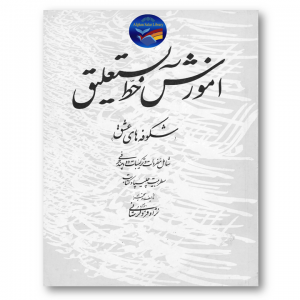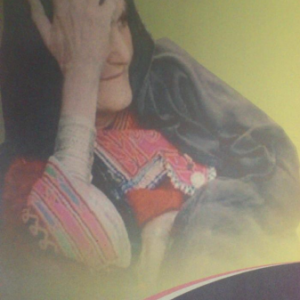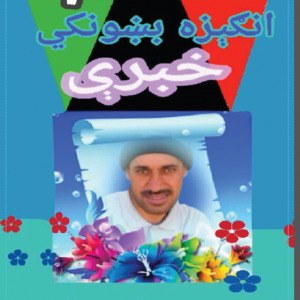About (خدای (ج) ته لیک) Book: You can read short details of the book Below. If you like the book and want to get for FREE then please click on DOWNLOAD NOW(خدای (ج) ته لیک) button below, wait and it will start automatically.
What is education?
Teaching is a special cognitive activity, in the light of which students acquire teacher’s guidance and instruction, knowledge, skills and abilities.
Education is an important factor in the development and capacity building of a student’s demand for knowledge.
Information and teaching have a very direct relationship with each other, in other words information is the result of teaching and teaching is the basic way to get information. The role of information and education in the development of education and in the formation of human personality is very effective.
Didactical:
The field of knowledge, which solves important and fundamental problems of information and education, means teacher. And (Did Kallis) means teacher.
Didactica is an important part of pedagogy. Pedagogical is derived from the Greek word (pedagosus) which means to bring a child, to bring a child or to carry a small child.
In ancient Greece, aristocrats and aristocrats had special servants, who would take their children from home to school and after school. Such people would refer to him as “Pedagorus” because in earlier times the field of knowledge and education was limited, so the information about (Didactical and Pedagogus) was placed in a book and this method is still going on today. It should be noted, however, that the science of didactic has developed a great deal and is now recognized as an independent science, and in recent times scholars have written more and more books on didactic. Related is that logic reveals the structure and law of thinking and the curriculum takes into account these rules and sets out ways to develop students’ thinking in the teaching process.
The syllabus gives necessary instructions on the principles of teaching different subjects and those principles rely on the syllabus and uses the scientific principles to explain the teaching methods of different subjects. These principles of teaching develop the syllabus. Provides the necessary materials for the aforementioned Didactical did not originate by itself, but has a long evolutionary history. Many scholars have made significant contributions to the development of the textbook.
The textbook has existed in ancient Greece since time immemorial, but no specific book on the subject was available until the eighteenth century. The first scholar to offer relatively complete and plausible views on information and teaching was the famous Czech pedagogue (Izamus Komanki) from (1-5). De Komanki revolted against imitation and mechanical teaching, which was the norm in his day, and for the first time provided the teaching principles. Today we use the principles of teaching to take advantage of this knowledge. In addition, Komanki is the founder of a number of principles of education, among which the basis of thematic education is the basis of objective education, the basis of the stability of education. It has useful insights into the relevance of education.
6- French philosopher (Jean-Jacques Rousseau) (2-9 AD) Jean-Jacques Rousseau has made invaluable contributions to the education of students. He was a follower of the (communicative) ideology in education and recommended the teaching of freedom. He would emphasize that children are born pure and holy, then they learn the habits and habits of adults and the environment in which they live. He said that in order to prevent children from polluting their environment, schools should be set up in forests away from the community. According to Rousseau, there should be an independent development of the talents and strengths of the students in the field of hard work and activity in education. Students’ minds do not develop until the age of twelve. He considered the mind of a twelve-year-old student to be a dream of intellect.
3. The Swedish Pedagogy (E. Ahn Sunrikh Pistolasi) (2-5 AD), one of the founders of elementary education, believes that the education of children should start from a very young age, as it was said. Y: The first hour of a baby’s birth is the first hour of his education. The most important service in education is the comprehensive handicraft. It considers the most important service in education to be the development of the child’s cognitive ability, the awakening of spiritual power.
(Pistolasi) has broadened the scope of the subject of information, suggesting that work and effort should be considered as the basis of education. That is, it emphasizes the relationship between life and school.
Other services of Pistolusi are that he has written extensively on the principles of teaching language, mathematics and geometry.







Afzal –
Good
ghazimbawar –
Very good